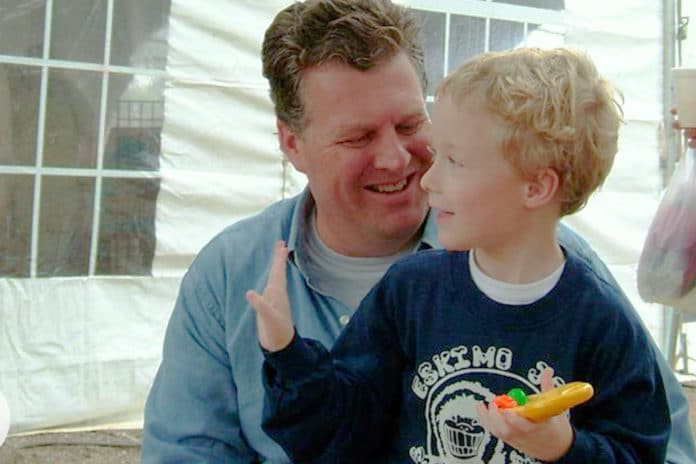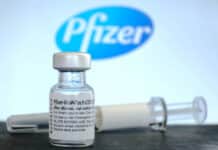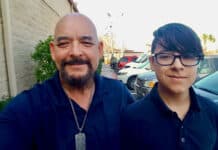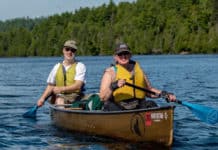Wayne Rohde’s son was injured by a vaccine as an infant and never fully recovered.
He joined Liz Collin Reports this week to discuss his heartbreaking experience with vaccine injury and explain how the COVID-19 vaccine has increased injuries and deaths associated with vaccination.
Rohde’s now 25-year-old son Nick has severe regressive autism, a disorder caused by the MMR vaccines he received as a 13-month-old, Rohde said.
“He lost his voice, his speech, the ability to play with his brother socially. He became very isolated,” Rohde explained. Nick regressed into severe autism, and “that’s where he is today.”
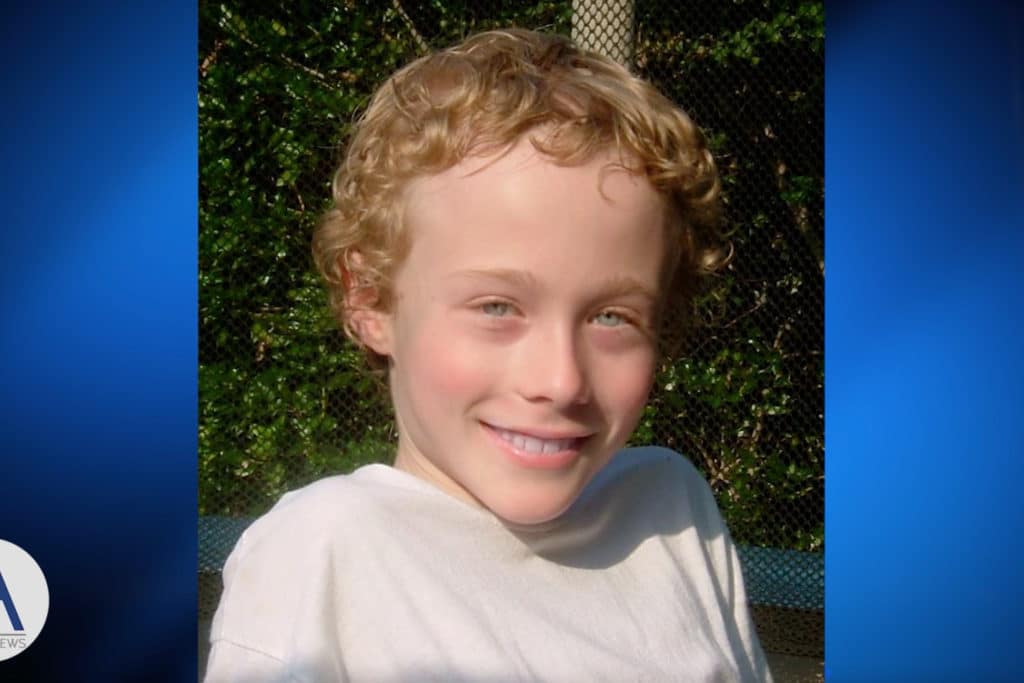
Rohde is the author of “The Vaccine Court: The Dark Truth of America’s Vaccine Injury Compensation Program,” which is a critical review of the federal compensation program written from his firsthand experience.
He doesn’t find Darlene Carlson’s story especially surprising, he said. Carlson was an 82-year-old woman who died after receiving her booster shot and whose adverse reaction was never reported.
“We’re seeing a lot more deaths, we’re seeing a lot more severe injuries, permanent injuries, especially from this COVID vaccine,” Rohde said. “The numbers are unbelievable compared to what we used to have just from childhood vaccines.”
Rohde predicts the number of vaccine injuries is 50-70 times higher compared to before the COVID-19 vaccine became available.
“We can’t get the medical community to accept that we do have vaccine injury, it’s more prominent, more prevalent than what they care to tell us,” he said.
More than 20,000 Minnesotans have reported side effects from the COVID vaccine, using the Vaccine Adverse Event Reporting System (VAERS).
While VAERS is “passive reporting,” Rohde pointed out, there is a federal law that requires doctors, nurses, and clinicians to report adverse effects from vaccines on patients they care for.
However, “there’s no teeth to that law,” Rohde said. There’s no penalty if injuries go unreported, leaving families to file the info themselves. The system takes 20-30 minutes to file a single report, he said, which makes it even less likely that medical providers will have the time to report adverse events.
When families take the time to file a report — which used to be much easier — they receive a temporary ID number but often are unable to find a record of the report later.
He believes the number of reports filed in Minnesota reflects only 20-30 percent of the true number of vaccine injuries.
There is talk of “freezing the VAERS system” and requiring independent audits, Rohde said, but he doesn’t have much faith that will happen anytime soon.
“The powers that be will kind of keep things suppressed,” he said.
Rohde believes the best way to inform people about vaccine injuries is to continue sharing stories of those who have had adverse reactions.
The documentary Anecdotals, which premiered in Minnesota earlier this month, includes testimonies from several vaccine-injured Americans. Rohde, a Minnesotan, attended the premiere of the film, which he said shows “good testimony without the sensationalism … stretching the truth” that other documentaries use.
“We should be focusing most on people who just don’t believe that they can get injured here, and they’re what I call ‘walking injured.’ Sooner or later some of them are gonna come down with some chronic illness … that’s the way this vaccine interacts with our body,” Rohde said.
From talking with people about vaccine injuries, Rohde has observed that many people are embarrassed to admit they have been injured by a vaccine. Falling into depression or isolation is the “worst thing” that can happen to these people, he said.
“We need to find these people … reach out so we can provide support and guidance. And there are treatments available to help people recover,” Rohde said.
LISTEN:












